Recently there seems to be a bit of a discussion regarding natural organic reduction, meaning the composting of human remains, particularly in the US, where this funerary process has been legalized in states such as Colorado and Vermont. So does that mean that this organic breakdown of the body had been previously illegal? Doesn't the traditional casket burial already offer up the body to natural decomposition? Or is there some kind of mummification going on? What options do we really have in dealing with our dead bodies?
Back In The Old Days...
We really don't need to look back too far into the past to see how dead bodies were essentially all composted. In Western tradition up into the 19th century, the most common practice was to place the body in a coffin, and bury it six feet under. No expensive embalming fluids were used (at least for the great majority), only two half-dollar coins "for the ferryman" were placed on the eyes to keep them closed, if the family could afford it. After the funeral, nature took its course in the form of the proverbial worms (more precisely maggots), since the box was not hermetically closed, and offered access to various life forms living on the dead remains.
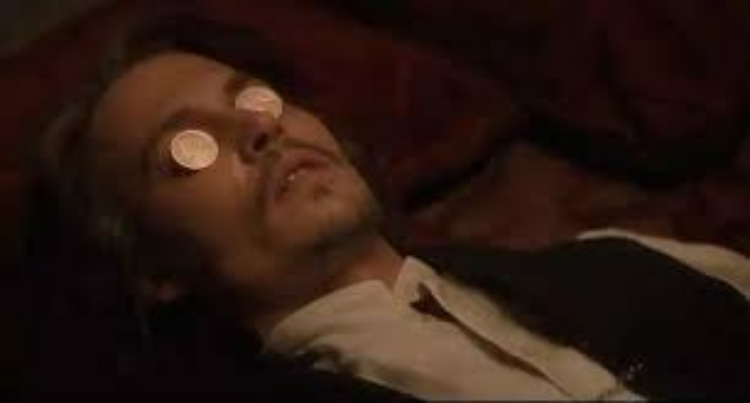
Also in other cultures, again up into the 19th century, certain practices remained in use which seemed completely different but were based essentially on the same idea: letting your loved ones move on. People would place their bodies high up into trees or on platforms, letting the carrion birds pick them apart and take them to new heights and far away places. I can totally see their point, and while I would be a bit disturbed if a crow dropped a human hand in front of me, the idea of soaring with the birds after my death does seem appealing.
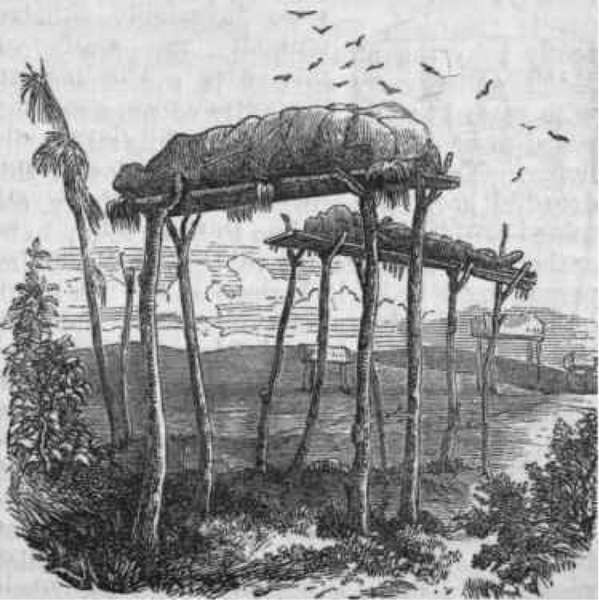
image source
Should They Stay Or Should They Go?
On the other end of the spectrum, various other cultures did not want their loved ones to vanish, even though their bodies had become lifeless. Inca rulers, for example, were left sitting on their throne in a mummified state, so they could continue owning their possession, letting the state apparatus run its course. A neat way to give power to faceless bureaucracy, while the figurehead ruler could not even have an opinion. Ancient Egyptians also mummified not just their pharaohs but everything from dogs to birds. And coming back to the 19th century, a similar trend established itself in Western culture, though at first only among those who could afford it.
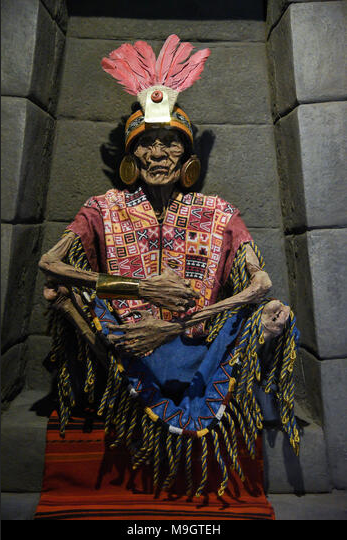
image source
Death masks and huge mausoleums had always been common among the elite, but in Victorian society a similar infatuation with keeping some relic of the deceased around became very popular. With the invention of photography, dead bodies were strung up with wires for a last portrait, and families paid huge sums for highly elaborate wakes, where the dead were displayed lavishly to look their best for their last farewell. Granted, by this time it was usually one's offspring who would decide do this, but let's face it: by the time someone has died they are in no position to have a say in things.
Industrialized Funerals for Everyone!
In the 20th century, this latter approach gradually replaced all other funerary practices. It was toned down a lot from Victorian opulence, and on the surface it seemed more similar to the wooden box burial for the poor. The body itself, however, was subjected to an increasingly elaborate embalming process, which would slow down or completely discourage organic decomposition. What would further keep microbes from eating up the human remains, is the fact that over its last living weeks (or years) the body would be flooded with antibiotics and other drugs. In an attempt to appeal for safety standards, and heavily influenced by powerful funerary businesses, state regulation soon established this kind of burial as the only permitted one.
Problems and Alternatives
What worked out great for lining wealthy pockets did not come without its drawbacks. Not everyone could afford a $10,000 plus funeral for their loved ones, and at the same time, cemeteries have a limited capacity. So especially in the second half of the 20th century cremation became widely accepted in the West as a viable and legal alternative. But nowadays, as people are becoming aware of their carbon footprint, both processes are undergoing a deep scrutiny. Cremation releases around 400kg of carbon dioxide per body, plus various toxins from foreign objects, such as tooth-fillings and hip replacements. The embalming fluids from traditional burials on the other hand can poison the soil and leak into the ground water. All this calls for reexamining our funerary rites, and look for alternatives.
Plant A Tree Over My Grave
I used to tell my friends and family to just stick an oak sapling into my belly when I'm dead, so it can feed off of my body, and instead of a gravestone they could visit a living and growing tree. Little did I know that this would have been completely illegal in most (if not all) countries I have lived in. In fact, it would probably remain illegal, even with the ongoing legalization process of human composting. Today in Colorado (and a number of other US states) families can have their loved ones turn into nutritious soil in a controlled, isolated composting chamber, offered by companies specialized on natural organic reduction. At the same time, innovative technologies are being developed to facilitate the human decomposition, making it directly available to trees, such as these tree burial pods, which are still waiting for approval by legislatures.
As it is the case with so many things, it seems like it will take a while, but we're getting there. Does that mean that we are going to be able to stroll through a forest grown from the remains of our great-grandparents? Probably not in our lifetimes. However, if everything goes well, our great-grandchildren might. Anyway, it's good to keep in mind that once we're dead, things are no longer up to us.
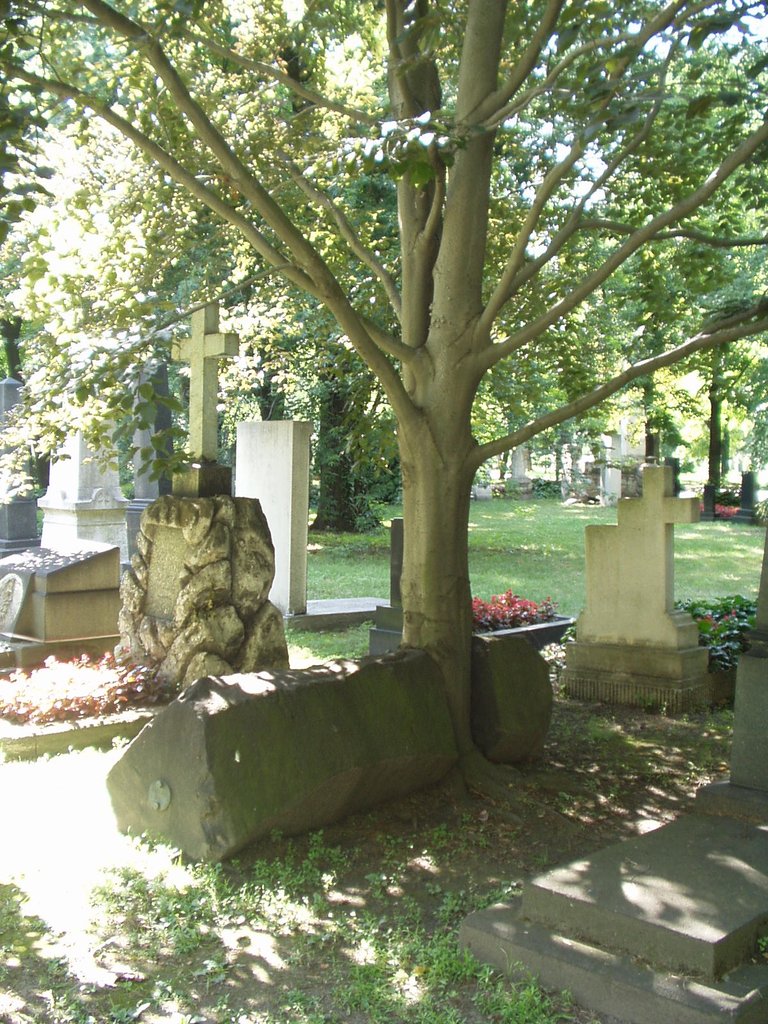

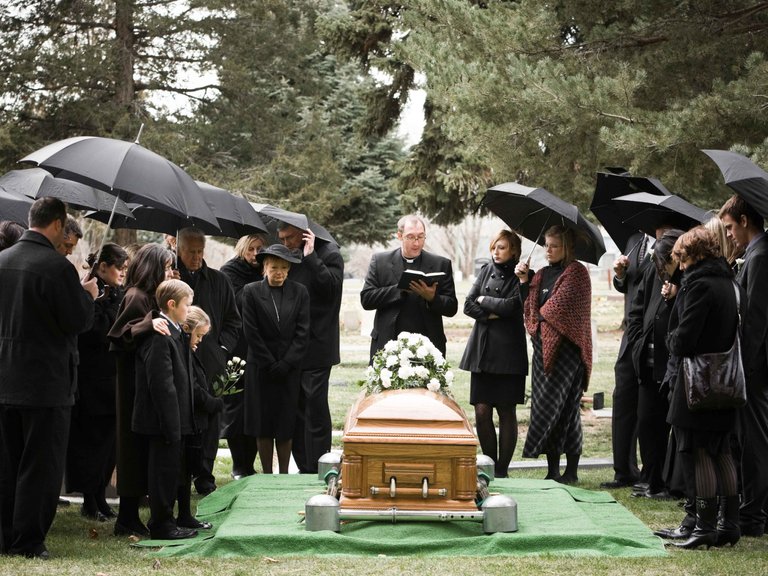
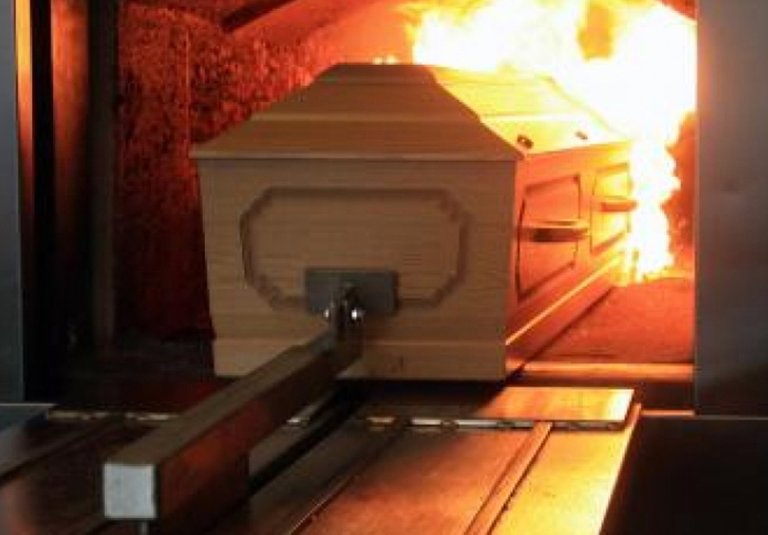
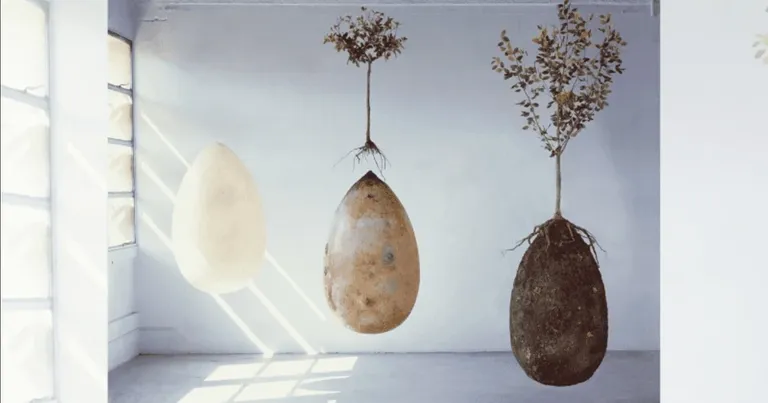
Industrialized funerals suck. And the amount of money it costs is bloody stupid. I like he idea of being buried in a forest with a tree over my body. Why don't they allocate land for this .. forests of the dead would be beautiful. Life from death.
We are so removed from nature we fear worms eating our flesh. How daft.
I know, right? And I'm totally with you on being buried in a forest. I bet lots of people do that, though it's technically against the law. For that reason I think we should embrace it, and have actual funeral parks growing into living ecosystems. So instead of bringing dying flowers to the grave of a dead relative, the loved ones could bring seeds to add to the biodiversity, or at least feed the living creatures.
Or buckets of water! Or weed, and etc. Or just sit and think and remember. Sooo beautiful. I would adore this. I nearly died in a forest once and I thought my body would not be found and I didn't even mind. It was the most beautiful thing to think I would become a forest.
Well, technically you are one! But I get the beauty of how you'd become one with a much bigger forest. It's kinda like when a river reaches the ocean. (Oops, this was not intended to be a pun on your name, but again it fits so well.)